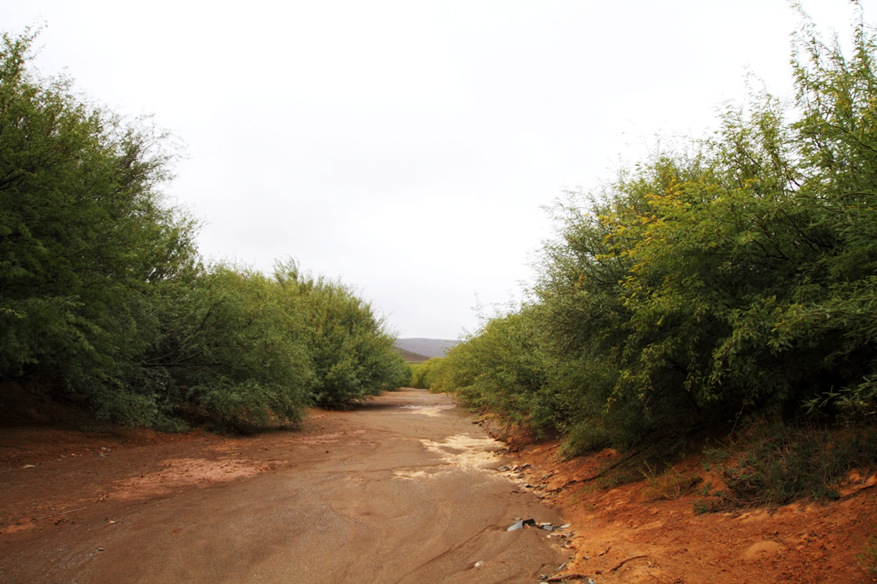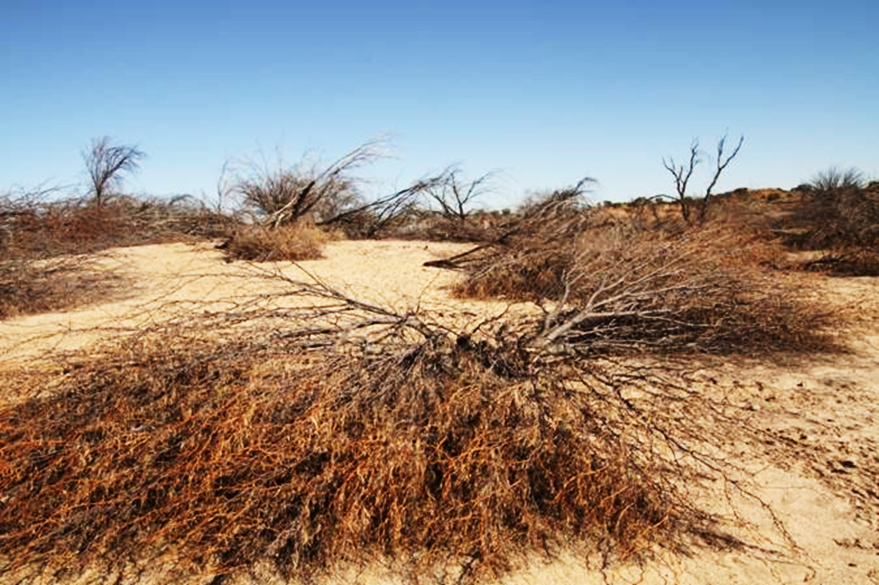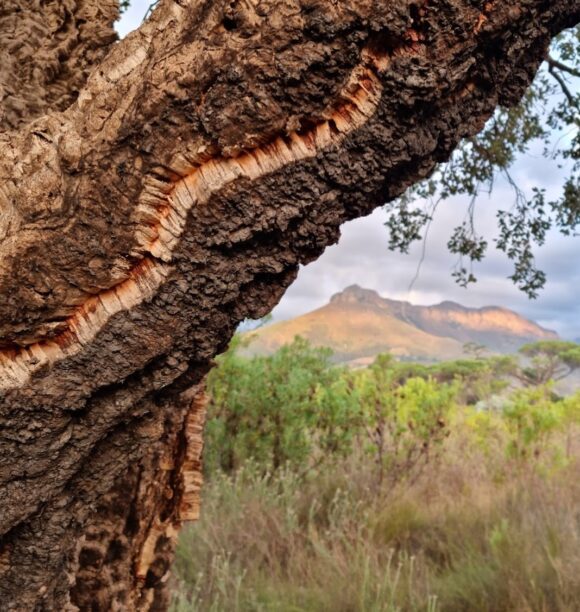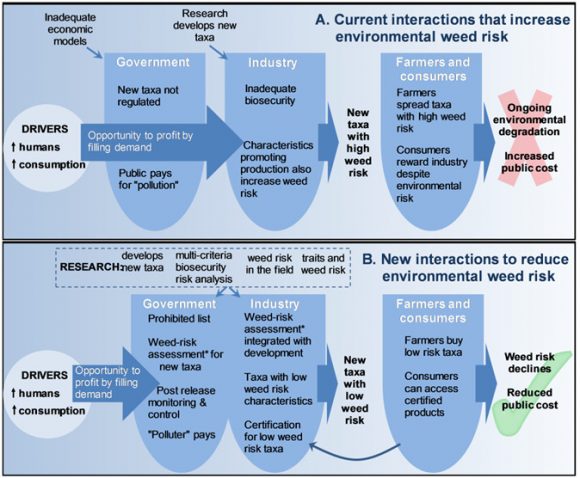Prosopis is an agroforestry tree that was introduced globally to over 100 countries – including South Africa. Prosopis went through mass scale distribution and planting, to aid farmers with fodder, shade and fire wood in the arid parts of South Africa. This tree has since become the second most widespread invasive alien plant group in the country, having harmful effects on biodiversity and ecosystem services, local economies and human livelihoods.

C·I·B PhD student, Ross Shackleton, has recently published a series of papers in which he had a closer look at the ecological and socio-economic impacts of Propopis in South Africa. The first study, which was published in the South African Journal of Botany, looked at the effects of Prosopis invasions on native tree populations. It was found that invasions of Prosopis had a negative impact on native tree populations by reducing their growth rates and increasing their mortality. Prosopis invasions also decreased the abundance and number of native trees species along river beds, as well as reduced the abundance of native grasses and shrubs. This has negative implications for biodiversity, grazing potential and other services provided by native trees.

In a second study – with more of a social focus – many benefits and costs of Prosopis were raised by different communities. The study, which was published in AMBIO, raised a number of negative impacts linked with Prosopis, including the loss of water, grazing potential, land, breakage of infrastructure and reduced economic returns for farmers through high costs of control and loss of ecosystem services. Farmers were spending on average R 20 000 per annum to alleviate the effects of Prosopis invasions on their land. This ranged from R 3000 per farm per year to manage sparse invasions, up to R 180 000 per farm per year to remove areas of dense infestation. The removal of Prosopis amounted to up to R 5000 per ha for dense invasions on land that was bought for R 1500 per ha.
However, Prosopis was also seen to provide benefits such as fodder, fire wood and shade to communities. It is also used to produce on organic blood-sugar stabilising product known as “Manna” which leads to job creation. This has led to contentious issues around the genus and has limited several management approaches in the past. However, the respondents revealed that they perceive the costs of Prosopis outweigh the benefits and local communities in South Africa are in favour of improved control of these invasions.
“We need to find ways of improving the benefit supply of Prosopis while reducing the costs and rates of spread within South Africa. Some approaches could be to look further into biological control, or mass scale utilisation of the tree.” says Ross Shackleton, lead author of the papers.
Read the papers:
For more information, contact Ross Shackleton at rosss@sun.ac.za



